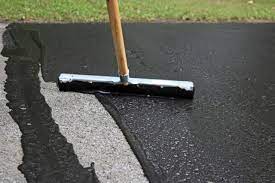
The Right Way To Build An Asphalt Driveway
Epic Paving & Contracting has provided commercial and residential property owners with professional resources in asphalt paving for more than 20 years. With over two

Epic Paving & Contracting has provided commercial and residential property owners with professional resources in asphalt paving for more than 20 years. With over two
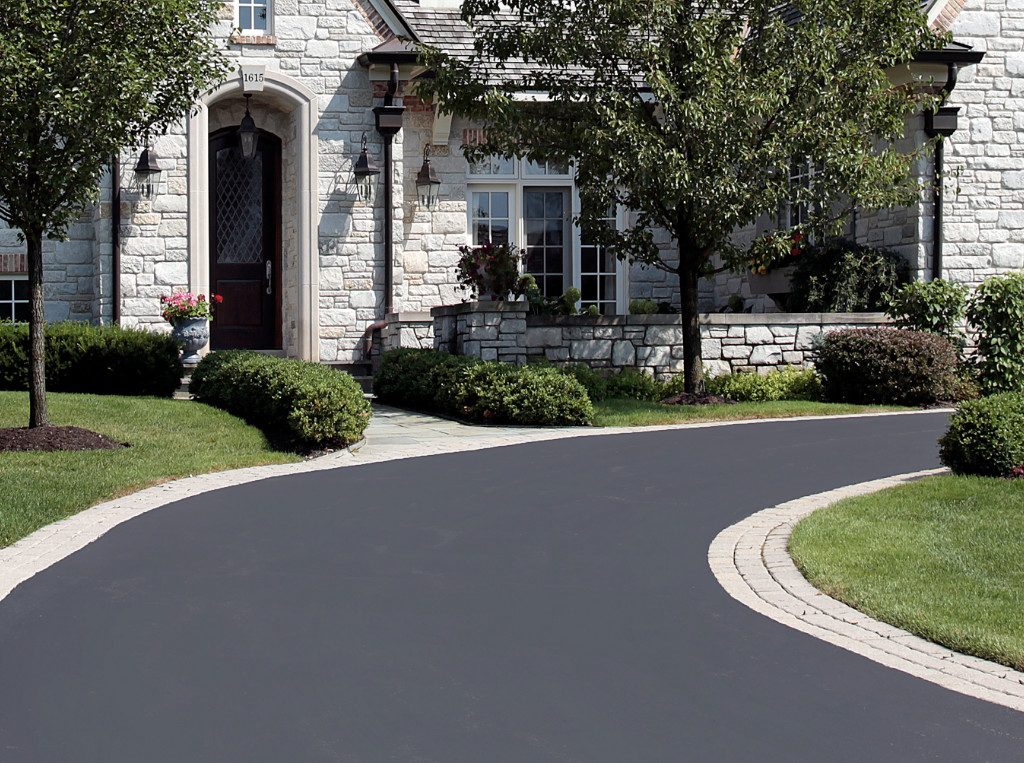
The thickness of asphalt ultimately depends on the anticipated use of the pavement; let’s explore the thickness of a residential driveway.

It’s no secret that asphalt is our preferred choice of paving material. So why should it be yours? Asphalt brings numerous benefits to any project

In the past two decades, the paving industry has changed from producing generic pavement products to producing environmentally friendly, high-tech paving mediums that are adaptable

Indeed, the history of asphalt dates long before the sleek paved roads we are so familiar with today. So, what is the history of asphalt? And how long has it been used for driveways and roads?
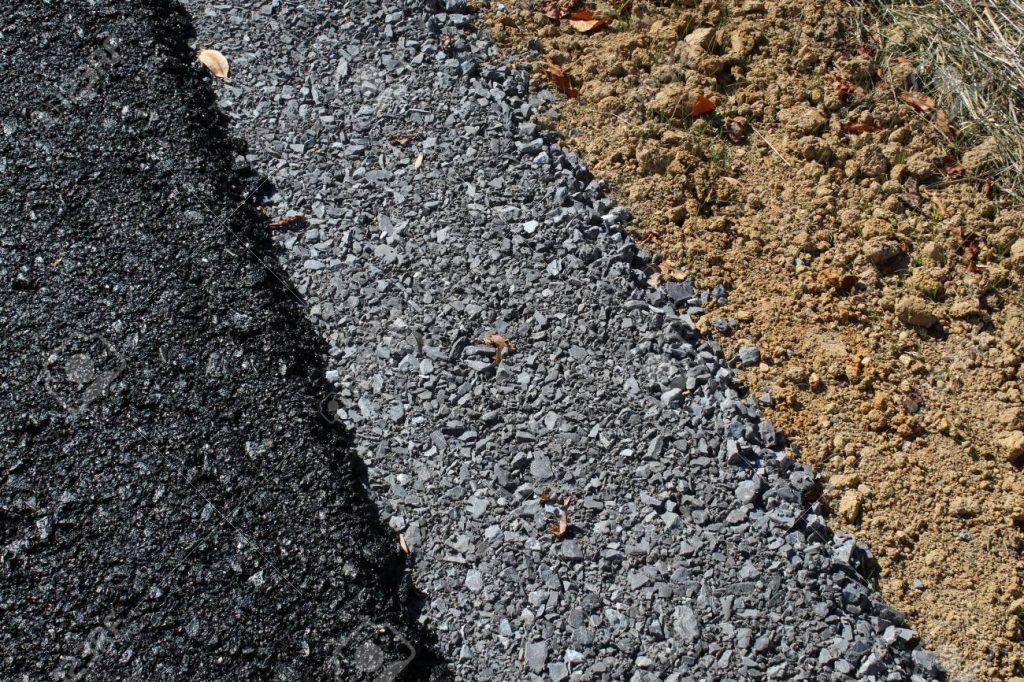
There’s just something about an asphalt driveway. Maybe it’s the way it looks, or the way your tires seem to effortlessly glide over the smooth
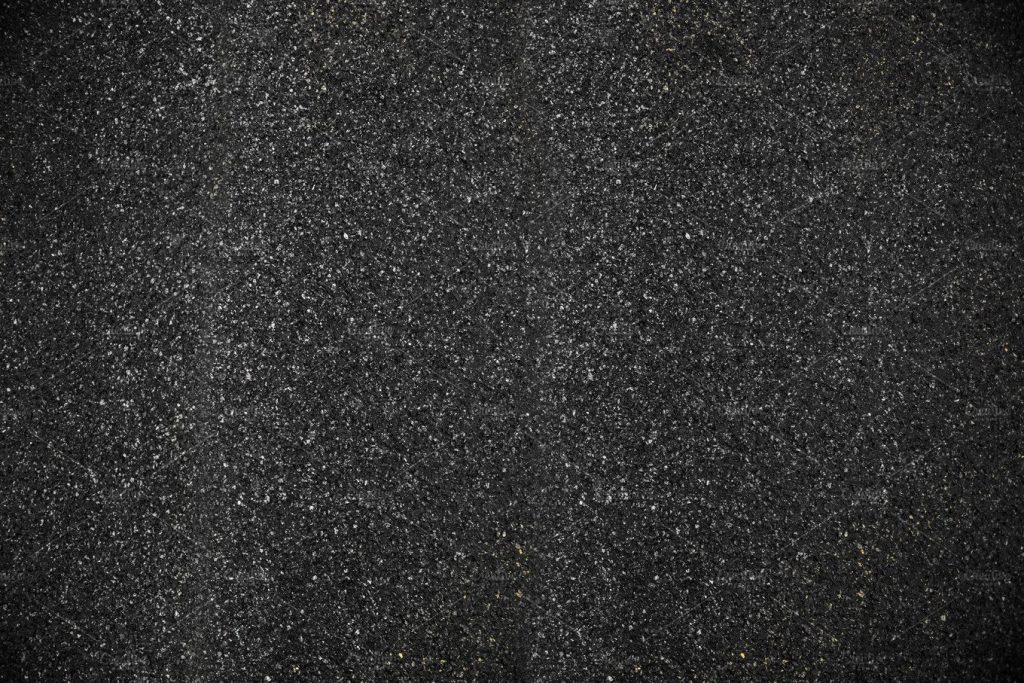
Asphalt – a material you see every day but may not actually know much about. For example, have you ever wondered why asphalt is black?
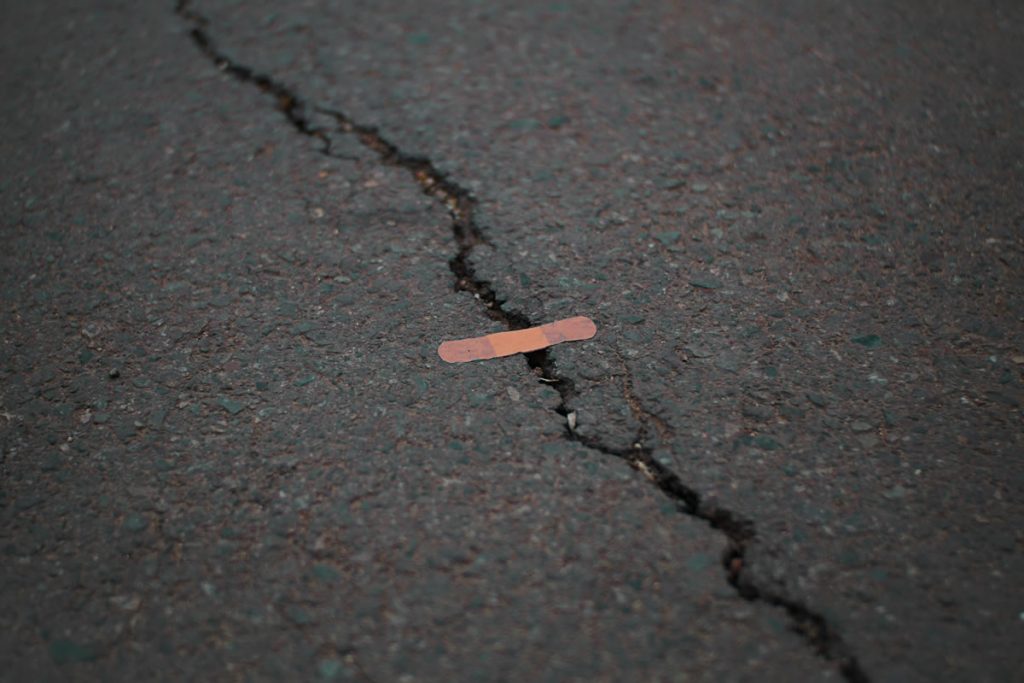
Uh oh… Are you wondering if this may be a little more than a repair job?
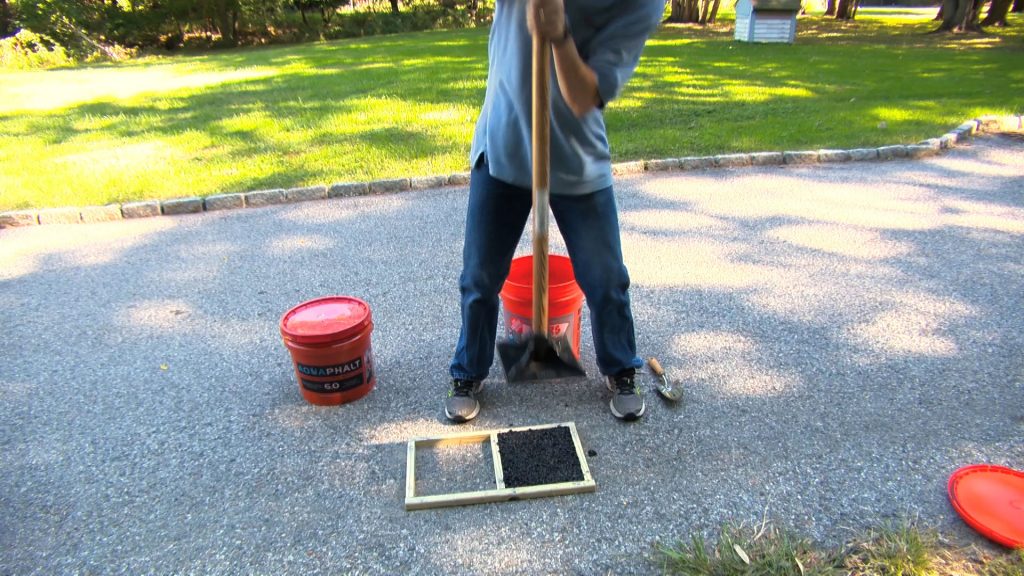
Your durable asphalt driveway is amazing! But no material is immune to daily wear and tear, exposure to the elements, and improper repairs.
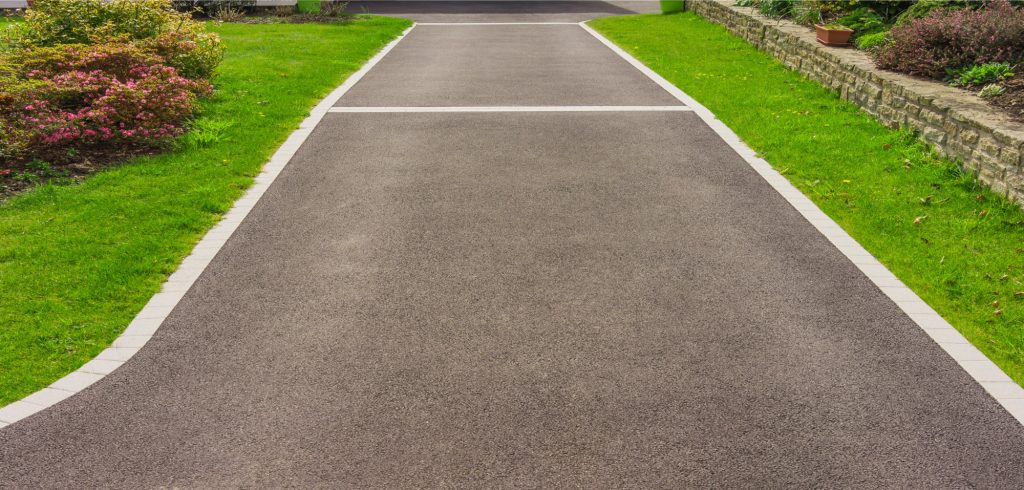
In this article we will go over all the intricacies that come into play when building a new driveway! Because there’s always more happening “under the surface.”













